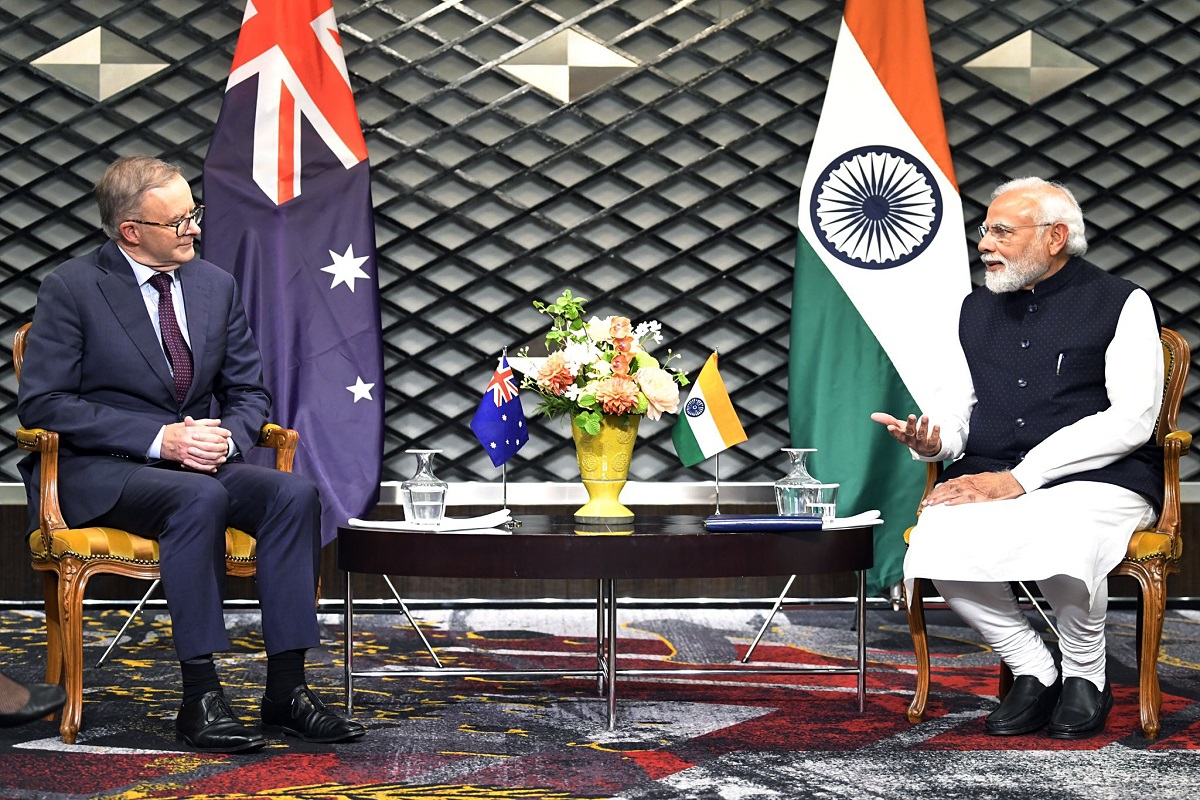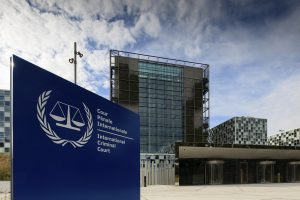Australian Prime Minister Anthony Albanese will pay a state visit to India from 8-11 March 2023 for summit-level talks with Prime Minister Narendra Modi on bilateral ties as well as global developments.
He will be accompanied by Australian Minister for Trade and Tourism Don, Minister for Resources and Northern Australia Madeleine King and senior officials and business leaders.
This will be PM Albanese’s first visit to India in his current role. He will arrive in Ahmedabad on 8 March on the day of Holi. He will join Modi at the fourth test match of the Border-Gavaskar Trophy in Ahmedabad. He will also visit Mumbai on 9 March before arriving in Delhi later in the day.
”In Delhi, Prime Minister Albanese will be accorded a ceremonial welcome at the forecourt of Rashtrapati Bhawan on 10 March. Prime Minister Modi and Prime Minister Albanese will hold the annual summit to discuss areas of cooperation under the India-Australia Comprehensive Strategic Partnership, besides regional and global issues of mutual interest. Prime Minister Albanese will also call on President Droupadi Murmu,” the Ministry of External Affairs (MEA) said.
India and Australia share warm and friendly relations based on common values and democratic principles. The strategic partnership between the two countries was elevated to a comprehensive strategic partnership in June 2020 which has been strengthened and deepened through frequent high-level exchanges and enhanced cooperation across sectors.
Prime Minister Albanese’s visit is expected to provide further momentum to the comprehensive strategic partnership, the MEA added.
In comments released by his office ahead of the visit, the Australian Prime Minister said he was looking forward to the visit. “Our relationship with India is strong but it can be stronger. It is underpinned by our comprehensive strategic partnership, which underscores a joint commitment to working together to enhance our defence, economic, and technological interests.”
He said; “A stronger India-Australia partnership is good for the stability of our region. It also means more opportunities and more trade and investment, strengthening our economies and directly benefiting our people.”












